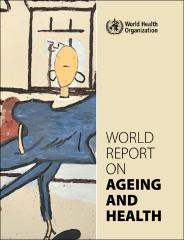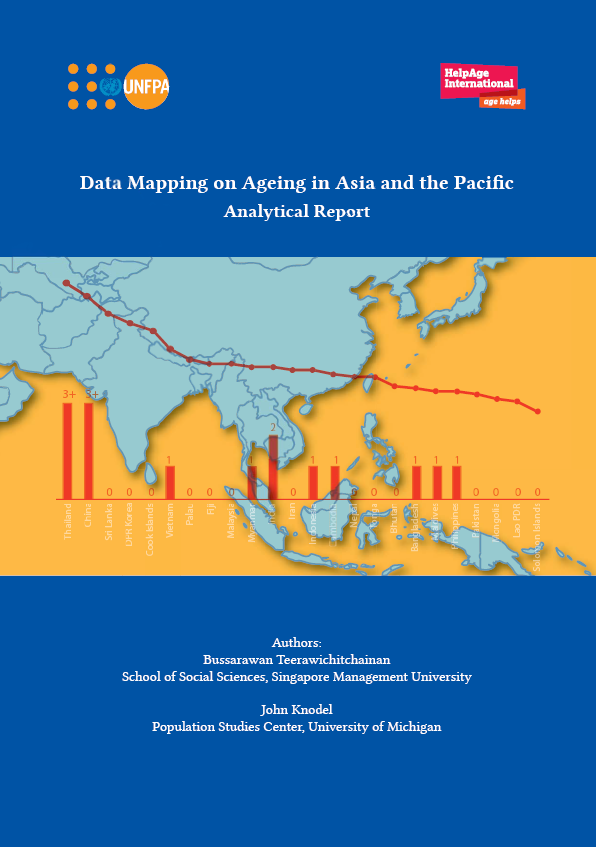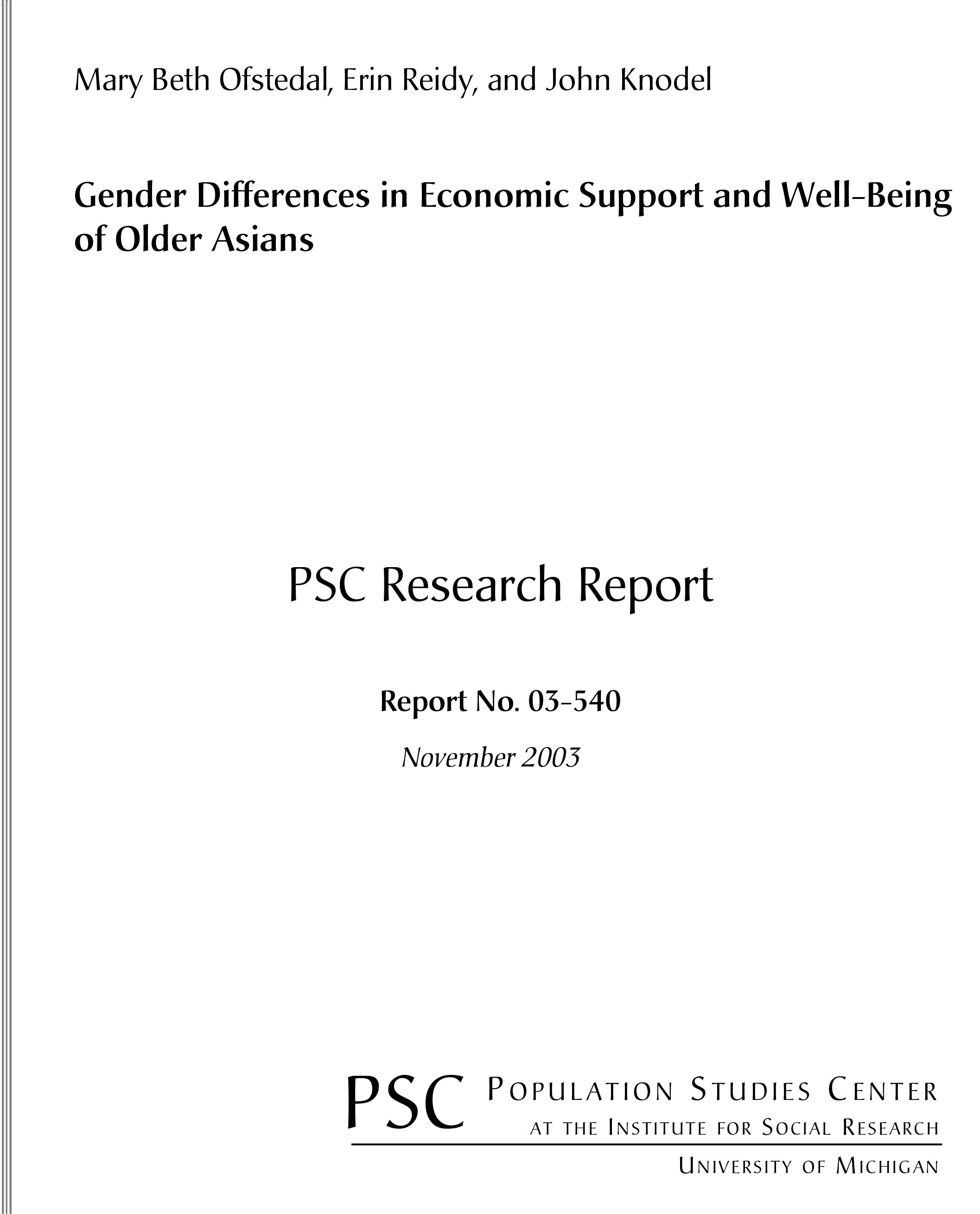Ageing
East and Southeast Asian countries are ageing fast and a key challenge of this demographic trend is the capacity of women to meet financial needs in old age.

“Comprehensive public health action on population ageing is urgently needed. This will require fundamental shifts, not just in the things we do, but in how we think about ageing itself. The World report on ageing and health outlines a framework for action to foster Healthy Ageing built around the new concept of functional ability. Making these investments will have valuable social and economic returns, both in terms of health and wellbeing of older people and in enabling their on-going participation in society.

Data Mapping on Ageing in Asia and the Pacific Analytical Report
Type: Report | General
Access: Public
“This study documents the existence of data related to ageing issues as provided by surveys of older persons, censuses, and Demographic and Health Surveys (DHS) for 25 low- and middle-income Asia-Pacific countries namely Bangladesh, Bhutan, Cambodia, China, Cook Islands, DPR Korea, Fiji, India, Indonesia, Iran, Lao PDR, Malaysia, Maldives, Mongolia, Myanmar, Nepal, Pakistan, Palau, Philippines, Solomon Islands, Sri Lanka, Tonga, Thailand, Tuvalu, and Vietnam. The authors evaluate the content of data sources, assess their comparability, highlight best practices in data collection and identify gaps.”

Gender Differences in Economic Support and Well-Being of Older Asians
Type: Report | Asia
Access: Public
“This report provides a comprehensive analysis of gender differences in economic support and well-being in eight countries in Southern and Eastern Asia (Bangladesh, Malaysia, Indonesia, Singapore, Thailand, Vietnam, Philippines, and Taiwan). We examine multiple economic indicators, including sources of income, receipt of financial and material support, income levels, ownership of assets, and subjective well-being. Results show substantial variation in gender differences across indicators and provide an important qualification to widely held views concerning the globally disadvantaged position of older women.
Whereas men tend to report higher levels of income than women, there is generally little gender difference in housing characteristics, asset ownership, or reports of subjective economic well-being. Unmarried women are economically advantaged compared to unmarried men in some respects, in part because they are more likely to be embedded in multigenerational households and receive both direct and indirect forms of support from family members.”
Type: Journal Article | Asia
Access: Restricted version is published as journal article, link is to publicly available report
Type: Report | General
Access: Public
Pensions at a Glance Asia/Pacific 2013 - OECD iLibrary
Type: Report & Datasets | Asia
Access: Public
Type: Journal Article | Asia
Access: Public
Type: Journal Article | Asia
Access: Public
Type: Journal Article | Asia
Access: Restricted
Type: Journal Article | Asia
Access: Restricted
Type: Journal Article | Asia
Access: Public
Type: Journal Article | Asia
Access: Public
Type: Chapter | Asia
Access: Restricted
Type: Chapter | Asia
Access: Chapter is public, remainder of publication is for purchase
Type: Working Paper | Asia
Access: Public
ADB(2012) Social Protection for Older Persons: Social Pensions in Asia
Type: Report | Asia
Access: Public